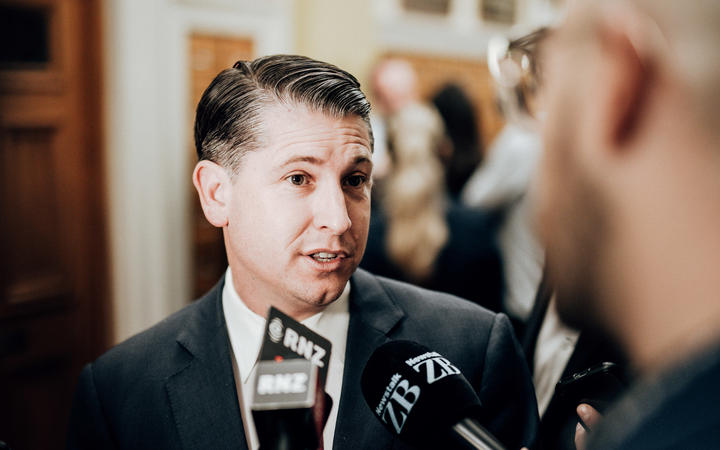
It brings into action the system proposed by a working group led by former prime minister Jim Bolger in 2019.
In a statement, Workplace Relations and Safety Minister Michael Wood said Fair Pay Agreements (FPAs) would improve wages and conditions for employees, encourage businesses to invest in training, and level the playing field.
Wood said FPAs were about ensuring working Kiwis got a fair go.
"For too long New Zealanders working in critical roles like cleaners, supermarket workers, and bus drivers whose work was essential to keep our country going during the pandemic, have been undervalued by our workplace relations system," he said.
"We're taking a balanced approach and have designed Fair Pay Agreements to be negotiated between business and unions who are familiar with the particular sector or occupational group being negotiated for. Industrial action cannot occur during Fair Pay Agreement negotiations.
"Fair Pay Agreements will help good employers by stopping the race to the bottom we've seen in various industries and encourage competition that isn't based on low wages, but on better products, services, and innovation."
The government would also provide support for BusinessNZ and the Council of Trade Unions, "as well as potentially providing a support person and direct financial assistance to bargaining parties", he said.
The government will now draft legislation, which will be introduced later this year, and is expected to pass in 2022.
What are Fair Pay Agreements and how will they work?
FPAs will be bargained between employers and unions to "create an opportunity to bring sectors together to embed good practice and create consistency".
The Ministry of Business, Innovation and Employment and the Employment Relations Authority (ERA) will help implement FPAs.
If bargaining becomes protracted or if ratification of an FPA fails twice, the ERA will help determine conditions of the agreement.
The minimum terms discussed in an agreement will include wages and working hours, while allowing space to address other topics like skills and training, health and safety, and flexible working.
Any union can initiate the process as long as they can demonstrate support from either 10 percent or 1000 employees in the proposed industry or occupation. It can also be initiated via a public interest test in an industry or occupation where employment issues exist, such as low pay or limited bargaining power.
In some instances of financial hardship, bargaining parties can agree to give businesses limited, time-bound exemptions to FPAs.
However, contractors are not currently included in the system currently. The government says work is underway to address this, but they will be included in a future amendment to the Act.
Both employees and employers covered by a proposed FPA will be able to participate in the ratification process. In the case of employers, there will be a small weighting towards small businesses to ensure that they have a voice in the process.
Support for bargaining parties from the government will include:
- $250,000 each a year for three years for the NZCTU and BusinessNZ to support their role in co-ordinating Fair Pay Agreements, identifying bargaining parties and helping to raise awareness about Fair Pay Agreements and the bargaining process
- Giving the opportunity for bargaining sides to receive a contribution of up to $50,000 towards the cost of bargaining. They may be able to seek additional funds where low union or industry body membership makes coordination difficult. They can also seek a bargaining support person to assist with the negotiations.
- Providing funding to support the bargaining of four Fair Pay Agreements each year. If more than four Fair Pay Agreements are initiated per year, the government will determine which agreements receive funding support. Other agreements will be able to work through the process without this support.













